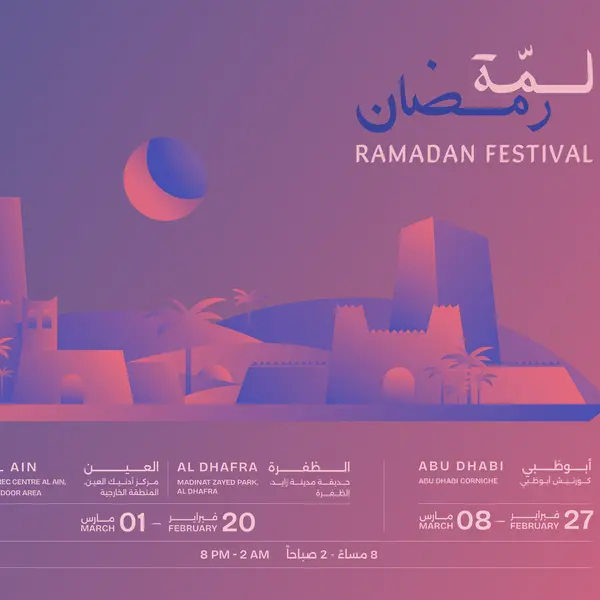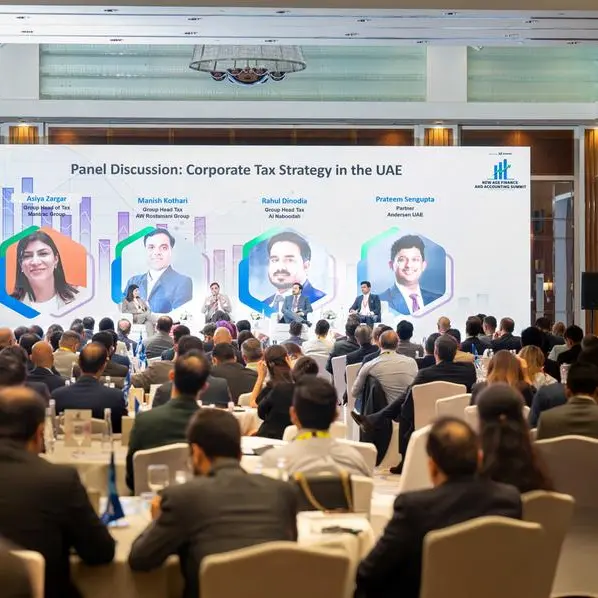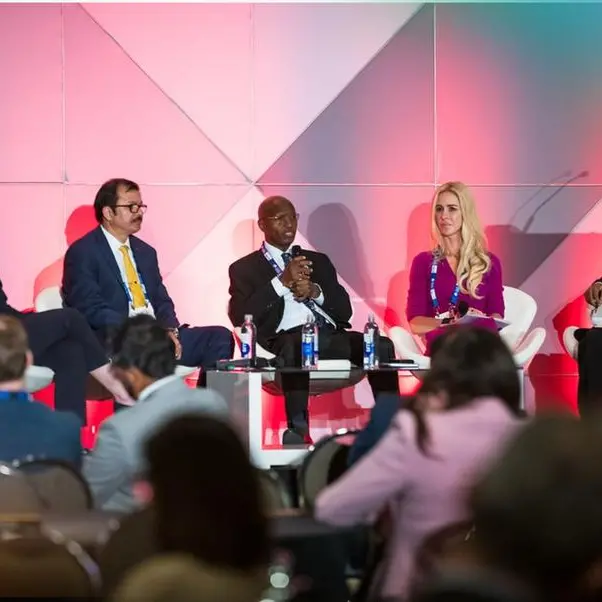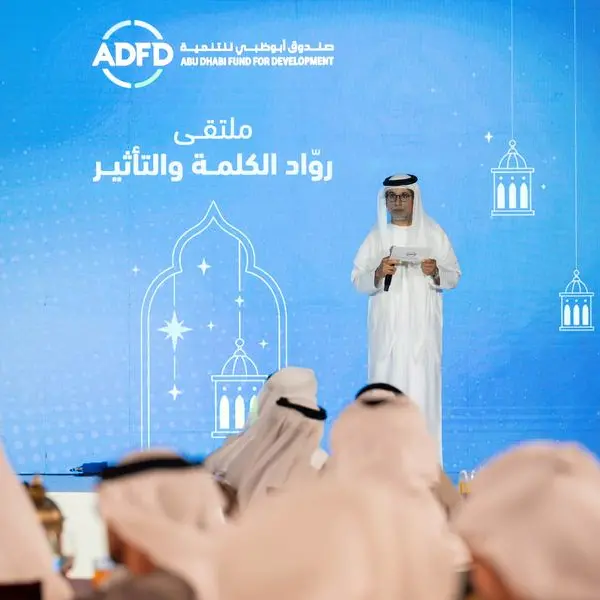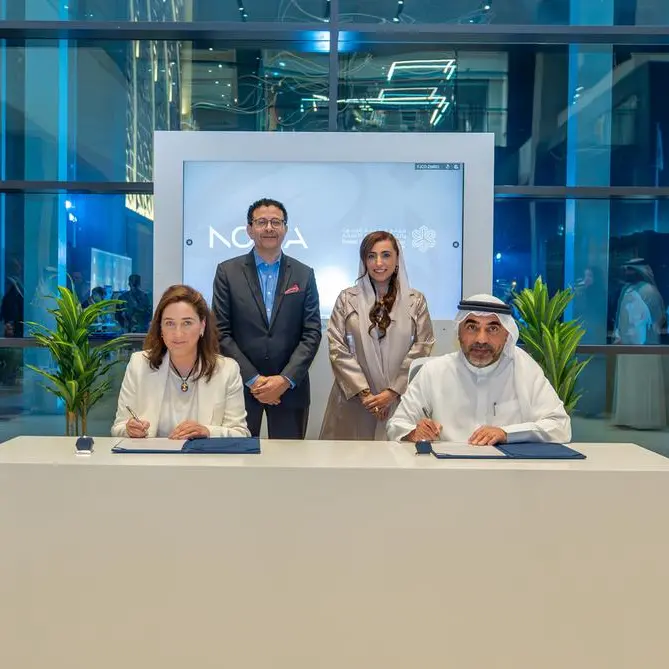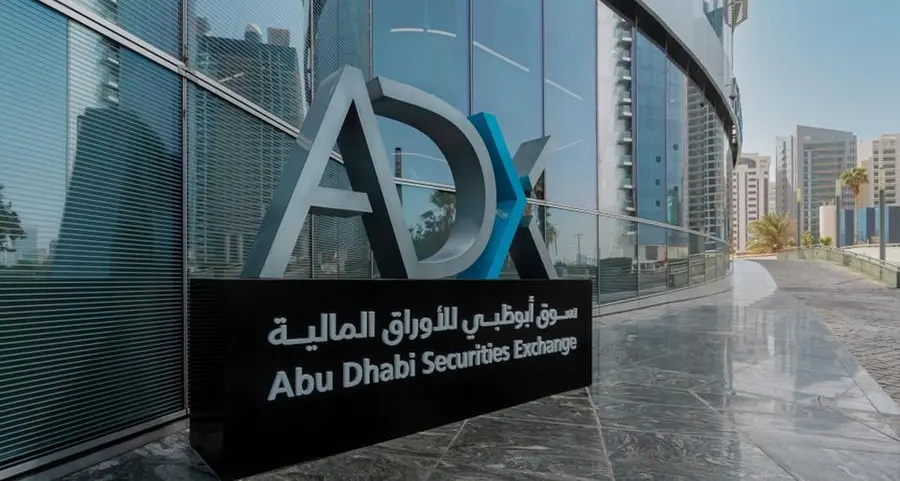PHOTO
Kuala Lumpur, Malaysia : The MIFC Leadership Council (MLC) urged scholars, regulators and financial institutions to unite in advancing Islamic finance through a collaborative framework rooted in key Islamic values at the Global Forum of Islamic Economics and Finance 2024 (GFIEF).
Highlighting the rapid growth and the need for continuous innovation, MLC Chairman Tan Sri Azman Mokhtar emphasised the importance of inclusivity, social justice and sustainable economic practice.
“We got to do this within the context of the real economy. The equation has to serve society as a whole to create social justice,” he said.
Azman also used the analogy of climbing a mountain together but using different routes that would overlap once in a while. Hence it is equally crucial that those in the ecosystem collaborate within the process of change. He said this while speaking to participants at a fireside chat on ‘MIFC Leadership Council Position Paper – Unlocking Global Islamic Finance Opportunities’, at GFIEF. This discussion was part of a dialogue with Mustafa Adil, Head of Islamic Finance, London Stock Exchange Group, to deep-dive into MLC’s position paper, ‘Establishing Islah through Islamic Finance,’ launched on the first day of the forum.
The paper provides recommendations to policymakers and industry players to build on the achievements over the last 60 years of Islamic finance, help establish Islah (reform and restoration), and address the needs of the economy and society through Islamic finance towards a more inclusive, sustainable and humane financial and economic system.
On the state of the industry, Azman pointed out that Islamic finance has grown rapidly. As of 2022, global Islamic financial assets are estimated to be USD4.5 trillion. However, this only makes up around 1% of global financial assets, despite Muslim populations making up about one-quarter of the world’s population.
Hence, MLC’s paper provides some cases and opportunities for Islamic finance, including proposing seven principles for change and five key thrusts as building blocks to realise the change. One key principle for change discussed in the session was the recognition of an inevitable S-curve, where Azman further elaborated on the model that is applicable across many disciplines, including Islamic finance.
“Naturally there is a period of rapid growth, and then maturity, and then decline. This is relevant in biology and in physics too. A successful organisation, individual, nation and civilisation are the ones that are able to reinvent themselves along this curve. Staying still is a prelude to falling down,” he said while explaining the S-curve model.
To propel Islamic finance forward, he highlighted the importance of broadening and deepening philanthropic capital formation, such as zakat and waqf, as it aligned with the benevolence, mercy and justice values, aiming to create a more inclusive and equitable economic system.
Other shifts for change dissected are on the transition to halal and tayyib – the former implies permissible under the Shariah law, while the latter implies a higher level than halal with wholesome and beneficial qualities. Azman said that Islamic finance institutions could take this into account to reflect a value-based approach when designing their products or conducting their financial activities to ensure that they are not only being Shariah-compliant but also considering impacts such as job creation and externalities, reflecting a deeper commitment to societal well-being.
In addition, the MLC chairman stressed the importance of recognising one's agency and responsibility in driving change, with the understanding that ultimate success comes from divine grace or tawfiq.
“Part of that is about diversification and knowing when to change, how much to change, what is the pace of change, and when to hold back. This is wisdom,” he explained.
Azman consequently concluded the importance of discipline in the implementation and execution of the MLC Impact Projects (MIPs) identified in the paper. To realise the MIPs into successful outcomes, he proposed an Oversight and Sponsorship Committee to be established involving relevant representation from the ministerial level, regulators and industry players.
Under the patronage of the Ministry of Finance Malaysia (MOF), GFIEF is organised by Bank Negara Malaysia in collaboration with the Securities Commission Malaysia, Labuan Financial Services Authority, the International Islamic Liquidity Management Corporation, the Islamic Development Bank (IsDB), the Islamic Financial Services Board and the World Bank Group (WB).
-Ends-
About GFIEF 2024:
The Global Forum on Islamic Economics and Finance (GFIEF) brings together over 2,300 policymakers, industry leaders and practitioners from 75 countries in Kuala Lumpur. Themed ‘Shaping a Resilient Global Islamic Economy Through Values-based Reforms’, the two-day forum aims to unlock the transformative power of Islamic economics and finance in fostering shared prosperity and equity. GFIEF features policy discourse and innovative solutions based on Islamic economics and finance principles to address the world's challenges.
For more information, please visit kl.gfief.com.my
Media Contact:
- Wai Fong TAN (Ms)
- Media Co-ordinator
- waifong@twfcomms.com


